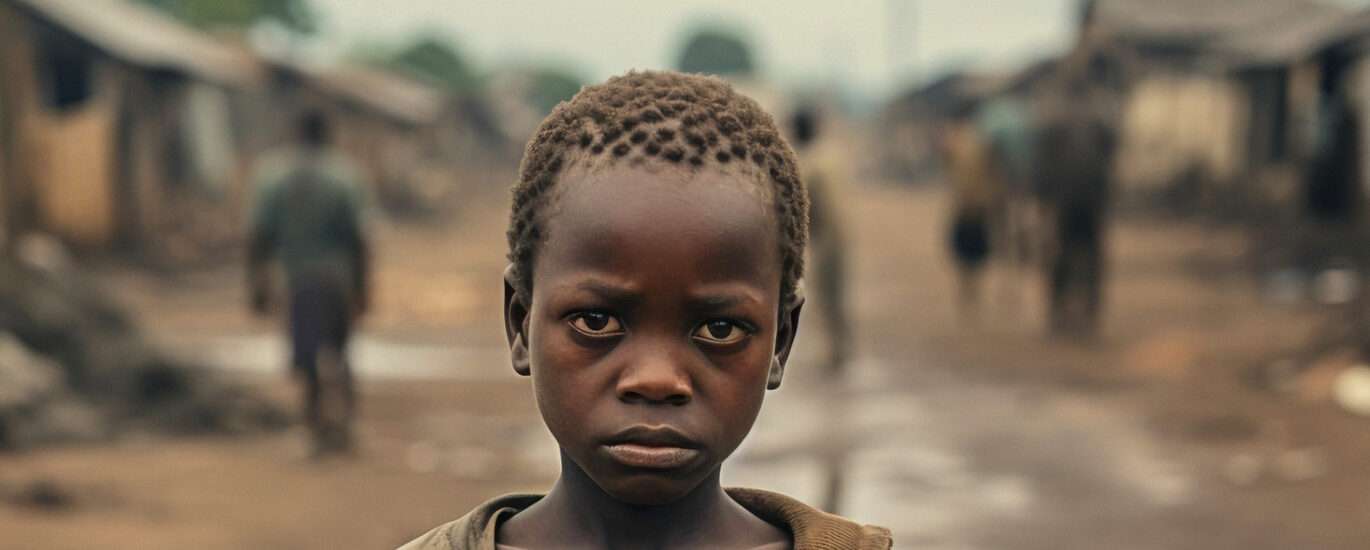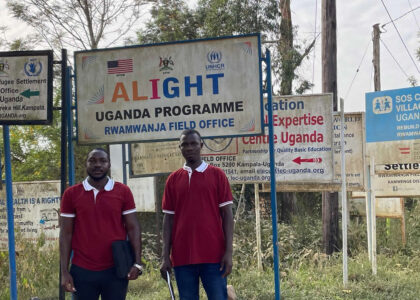Uganda, the Pearl of Africa; not only is she known for her beautiful natural scenery, multi-cultured tribal backgrounds, and her rich farming soil structure, Uganda is unfortunaltely also listed among the third world countries globally trailing with traces of families living below the poverty line.
Interestingly, Uganda also has place on the list of top countries with open heartedness towards homeless refugees and asylum seekers. An article published on the BBC website in 2016 indicates that Uganda has been praised for having the world’s most welcoming policies towards refugees.
Indeed over time, Uganda has rapidly and continuously become an asylum home for over 1.7 million refugees coming from unstable countries like South Sudan, Democratic Republic of Congo, Somalia and Burundi among others. This is mostly in relation to economic or political instability.
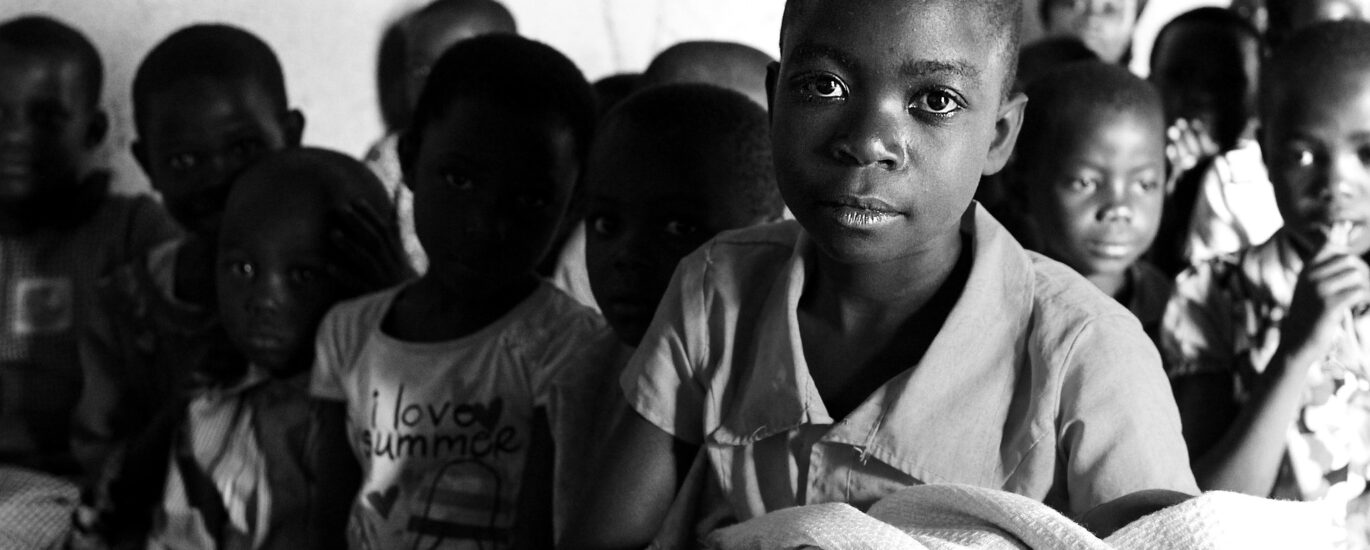
Commendable efforts have been made by Government of Uganda through Office of the Prime Minister (OPM), alongside UNHCR and many other humanitarian NGO’s, to support the growing refugee population in the country. The efforts include pledges made by Uganda at the Global Refugee Forum (GRF) in 2023 which emphasize a multi-stakeholder approach to refugee management with focus on:
- Increasing resilience and self-reliance
- Taking actions against climate change
- Localizing the refugee response
- Building durable solutions
- Transition management.
Notable challenges still persist that need a rather more technical and logistically sustainable approach. Refugees primarily live in settlements within 12 districts, alongside host communities; a small percentage also resides in the capital, resulting in economic and environmental challenges.
Statistical Highlight
There are 5 major categories of refugees with special needs across the entire refugee population in Uganda; in their order of special needs ranking, these include but are not limited to:-
- Women at risk (1st)
- Refugees living with disabilities (2nd)
- Children at risk (3rd),
- Unaccompanied Asylum-Seeking Children (UASC) (4th)
- Single parents (5th)
These were indicated during an independent “Disability Needs Assessment” report compiled by Keynes Disability Association at Rwamwanja Refugee Settlement in Western Uganda in the period of December 2024-January 2025. The report there in highlights that;
“The unmet needs of refugees living with disabilities have been identified as the 2nd most prevalent across the country”.
They include the needs of 54,295 disabled females and 44,296 males. These categories are faced with a tone of unique challenges in these settlements in addition to what the other non-disabled refugees already face; adding quite a level of savagery to the whole aspect of life.
Another report compiled by UNHCR in the period of September 2024 indicates that Uganda was providing home to 1.74 million refugees and asylum-seekers. It also indicates that from January to September 2023, Uganda received about 117,182 new arrivals to bring the count to a total of 225,000 new arrivals since 2022. This continuous influx, combined with a natural population growth (3% annually), puts significant pressure on the limited health, Water, Sanitation and Hygiene (WASH), and education infrastructure in hosting districts.
Refugees living with Disabilities
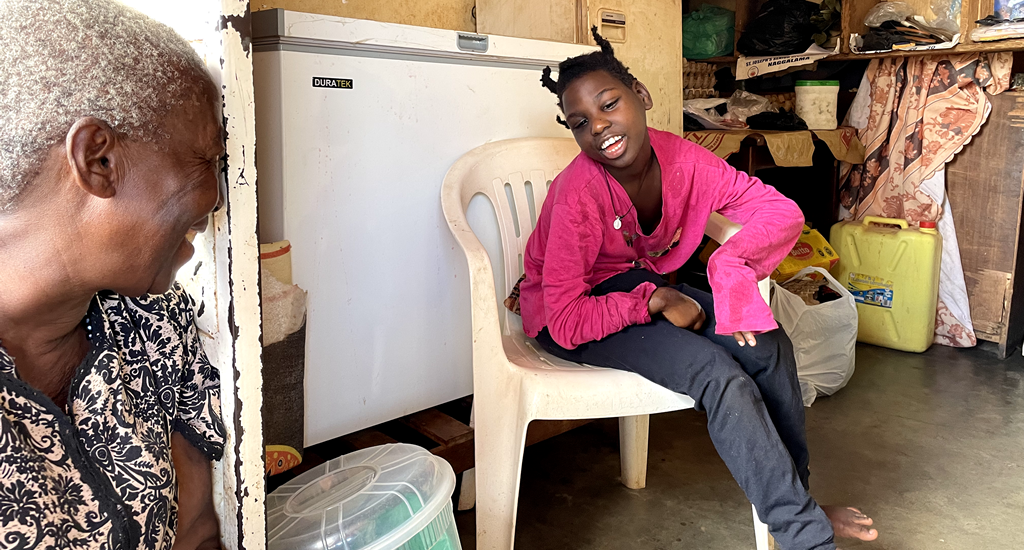
Among the key challenges faced is offering specific essential support to a category of refugees falling under the special needs umbrella; these especially include refugees living with disabilities or at least refugee families having a member living with any disability in any age group. This percentage of refugees faces unique challenges that require specific attention and response in order make their livelihood worth living.
Our Intervention as K.D.A
Keynes Disability Association spans years of experience and expertise in giving specialized support to persons living with disabilities; using this experience as a reference knowledge base, we perform special needs assessments in refugee camps and settlements, focusing on these special groups to compile data that in turn informs settlement authorities and other refugee support agencies with precise information to aide in sustainable support processes and relief projects running in refugee settlements.
Most importantly, the Needs Assessment Report highlights specific interventions that need to be undertaken by KDA in partnership with development partners to promote the rights, potentials and wellbeing of persons with disabilities in Settlements in Uganda as a whole.
Methodology & Implementation
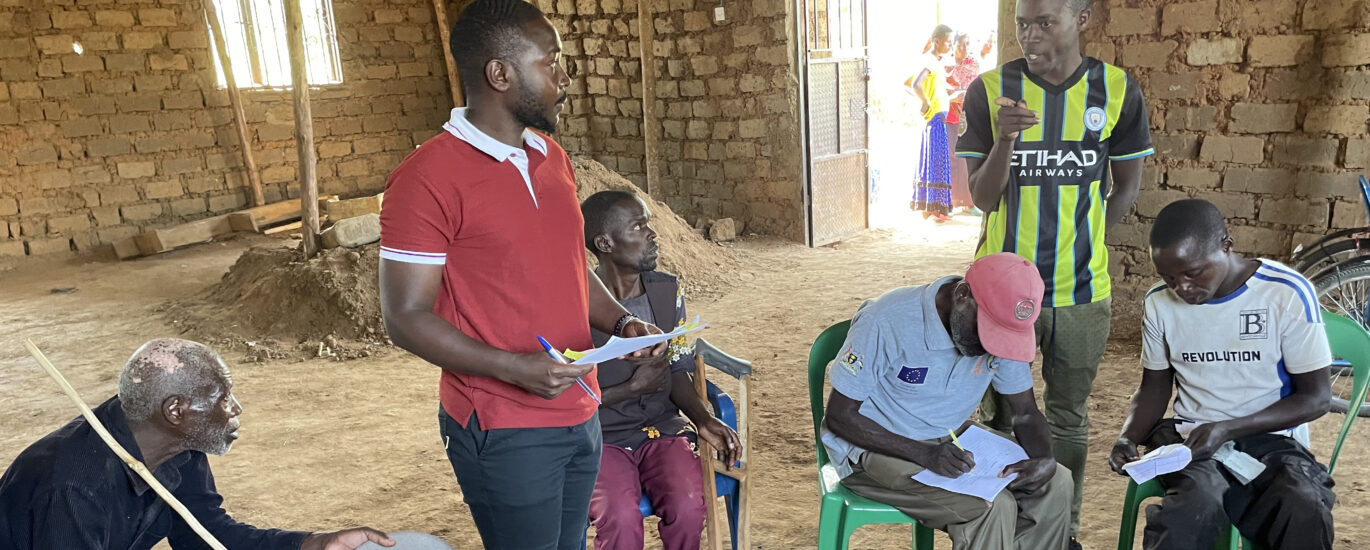
The Needs Assessment is conducted in conjunction with grassroots-based stakeholders (social workers, community leaders etc.).
Data is generated from these key informants:
- Disabled refugee respondents residing in the Settlement.
- Focused group discussions with male and female respondents.
- Focused group discussions with female and male children.
After conducting further planned key informant and in-depth interviews with other authorities who will provide complimentary data, KDA then develops a collated and synthesized report that can efficiently inform support agencies and partners on how to act effectively without leaving out the specific essential needs of these special groups with in the already vulnerable, and also to help with planning for resources and logistics with in the refugee settlements.
Relevant data collection tools and interview guides have been developed and are administered by a team of data collectors with technical oversight from our support staff and our partners’ management teams to ensure precise and valid data mining.


